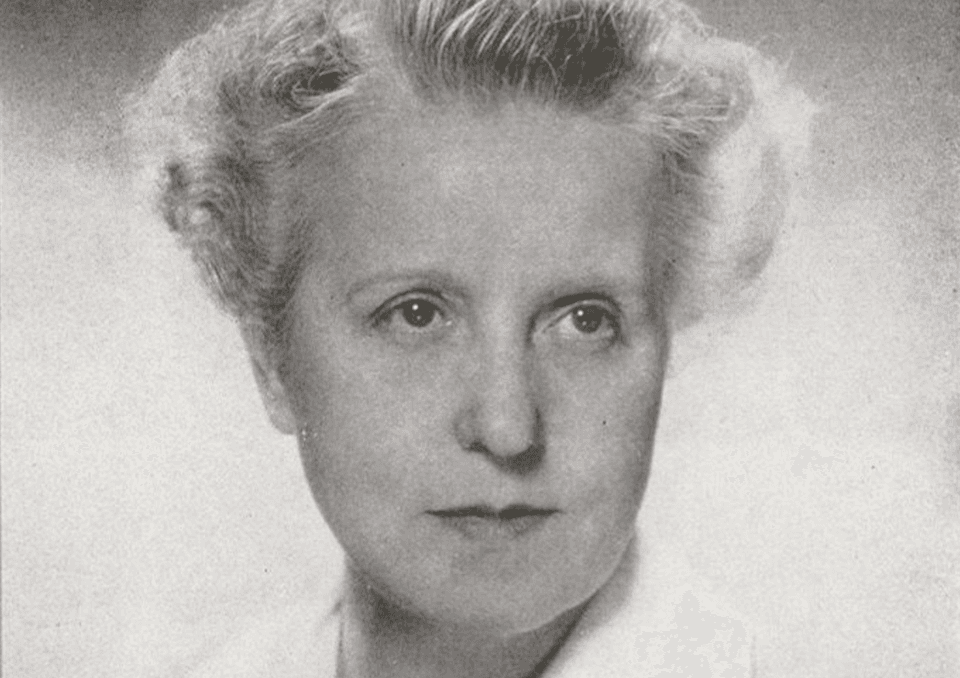Chicago’s Tribune Sends a Pioneering Reporter To Confront the Nazis
The reporter had been all but forgotten even though William L. Shirer once declared: ‘No other American correspondent in Berlin knew so much of what was going on behind the scene as did Sigrid Schultz.’

‘The Dragon from Chicago: The Untold Story of an American Reporter in Nazi Germany’
By Pamela D. Toler
Beacon Press, 288 pages
In contemporary documentaries, the author of “Berlin Diary” and “The Rise and Fall of the Third Reich,” William L. Shirer, is a potent witness to history while his colleague, Sigrid Schultz, is forgotten — even though Mr. Shirer once declared: “No other American correspondent in Berlin knew so much of what was going on behind the scene as did Sigrid Schultz.”
Schultz headed the Chicago Tribune’s Berlin bureau at a time when American newspapers were just establishing their offices abroad, which is to say she was a pioneering journalist at a time when few women had her opportunities.
Schultz did not set out to be what she preferred to be called: a “newspaperman.” But she was multilingual, having lived in parts of Europe and the American Midwest, diligently researching stories and acting as translator for male journalists, who sometimes took credit for her work but eventually realized her initiative had earned her a tryout reporting the news.
Pamela B. Toler knows she has a great subject, and like a canny biographer she stands back and lets Sigrid Schultz do her stuff. What that meant was a lot of socializing with the likes of Herman Goering, who didn’t realize how much of a source he had become for Schultz until one day she questioned him publicly with a tenacity he found disquieting.
Calling her the dragon from Chicago, Goering sneered at Schultz, saying it was no wonder she seemed so thuggish, having been brought up in America’s premier city of crime. Evidently a man without a flicker of irony, he did not acknowledge the real thug in the room.
As Ms. Toler shows, Schultz never bragged about her sources, never whined about having to compete with more privileged men, and never admitted to any physical weakness during the war years in Germany, when food was scarce and conditions so bad she came down with what was called war typhoid. That killed most men, but she survived after two operations.
Schultz, according to her biographer’s account, never seemed interested in anything except penetrating the deepest, nefarious recesses of the Nazi regime. She found her way around censorship and did not scare easily — and she did it all while having to contend with an isolationist boss.
Ms. Schultz worked for a press titan, Colonel McCormick, who never changed her stories that contradicted his political line. During their occasional meetings, she seems to have been forthright and whatever their disagreements, she was given the liberty to write boldly about the Nazi threat to world peace and then about its evil war machine.
So what happened to Sigrid Schultz? She lived until 1980, but by the 1950s her fame as a breaking news journalist had faded. She was superseded on radio and television by the likes of Walter Cronkite and Eric Sevareid. Schultz had done her share of broadcasting during World War II, but she seems to have regarded it as a sideline.
After the war, an ailing Schultz found it difficult to change her clipped, news-of-the-moment style. She published in magazines, but often did not seem to know how to please her editors. Writing books was also not her forte, though she tried to work with renowned editors like Maxwell Perkins at Scribner’s.
Other factors were at work: She did not pursue men and stories with the flair of her famous contemporaries, Marguerite Higgins and Martha Gellhorn. In fact, Schultz spent her last years taking care of her mother in Connecticut. She sometimes supposed she would resume what she had started in Germany, but her heart does not seem to have been in the effort to relaunch her career.
It is to Ms. Toler’s credit that she does not try to second-guess her subject, or to imagine what Schultz’s feelings “must have been.” Schultz is the kind of subject for a biographer who knows her job is to report what her subject did and, when possible, explain why and show how she did it.
Schultz was no self-promoter, and preferred the role of reporter more than anything else. We are fortunate that she has merited a biographer who does the same.
Mr. Rollyson is the author of “Beautiful Exile: The Life of Martha Gellhorn.”

